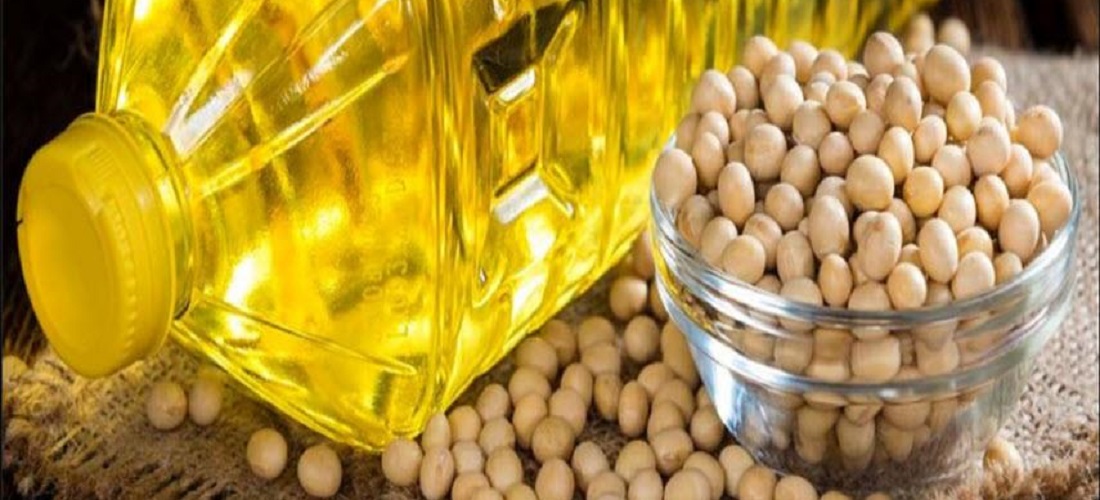
Government authorizes import of soy oil for biodiesel production
Nov, 19, 2020 Posted by Ruth HollardWeek 202048
On November 18, President Jair Bolsonaro passed a resolution by the National Energy Policy Council (CNPE) authorizing the use of imported raw materials to produce biodiesel. The decision states that ANP (national agency of petroleum, natural gas, and biofuels) may permit the use of imported raw material in public auction notices, which would be “of interest to the national energy policy”.
The country is experiencing a shortage of soybeans due to increased exports of the grain, and soybean oil accounts for 70% of the raw material for biodiesel.
According to UBRABIO, the Brazilian biodiesel, and bio-kerosene union, the sector needs the product to participate in the December public bid, which will offer biodiesel for the first two months of 2021. “In view of the times that we live in, what should really happen is we should import oil because importing grain would require internal processing, which would require more time,” said a representative of UBRABIO.
When the Brazilian soybean crop begins to be harvested in January, the expectation is that imports will decline since the domestic supply is expected to increase heavily.
Brazilian imports of soybean oil had already soared to 67,300 tons in October, compared to 10,600 tons in the same period last year.
These arrivals from the previous month raised the year-to-date total imported by the country to 104,200 tons of soy oil, versus less than 30,000 tons in the same period of 2019. Argentina and Paraguay supplied most of the product imported in 2020, with 81,300 and 22,800 tons, respectively, according to government data.
In a note, the Superintendent Director of UBRABIO, Donizete Tokarski, affirmed that “Brazil is already importing soybeans, this release for use in the production of biodiesel will help to adjust an imbalance that should extend until the beginning of next year with the delay in the soybean harvest that should happen in January”.
The government’s decision, as put forward, is not unanimous in the sector. According to ABIOVE (the Brazilian association of vegetable-oil industries), the measure is not clear about deadlines and creates uncertainty.
“The publication of the resolution as it is, however, without specifying the date, volume, and deadline for importation, implies a change in rules that generate unnecessary instabilities, impairing the predictability and security of investments,” ABIOVE stated.
For the association, which represents tradings and processors, the release of imported raw materials for the production of biodiesel “must be urgently and adequately restricted to (auction) L77 to avoid jeopardizing the sector’s long-term development”.
According to ABIOVE, the measure as it stands puts at risk the industrialization of soy in Brazil, the production of soy bran, and the supply of the animal protein chain; this will eventually impact Brazilian consumers.
Sources: Reuters and Valor Econômico
-
Economy
Apr, 04, 2024
0
Milestone Achieved: 28,524 Brazilian Firms Go Global in 2023
-
Ports and Terminals
Jan, 11, 2022
0
Antaq approves tariff restructuring of the Port of Santos
-
Trade Regulations
Mar, 30, 2023
0
U.S. touts export curbs on surveillance tools
-
Coffee
Feb, 04, 2020
0
Brazil’s coffee exports forecast to have another record breaking year



